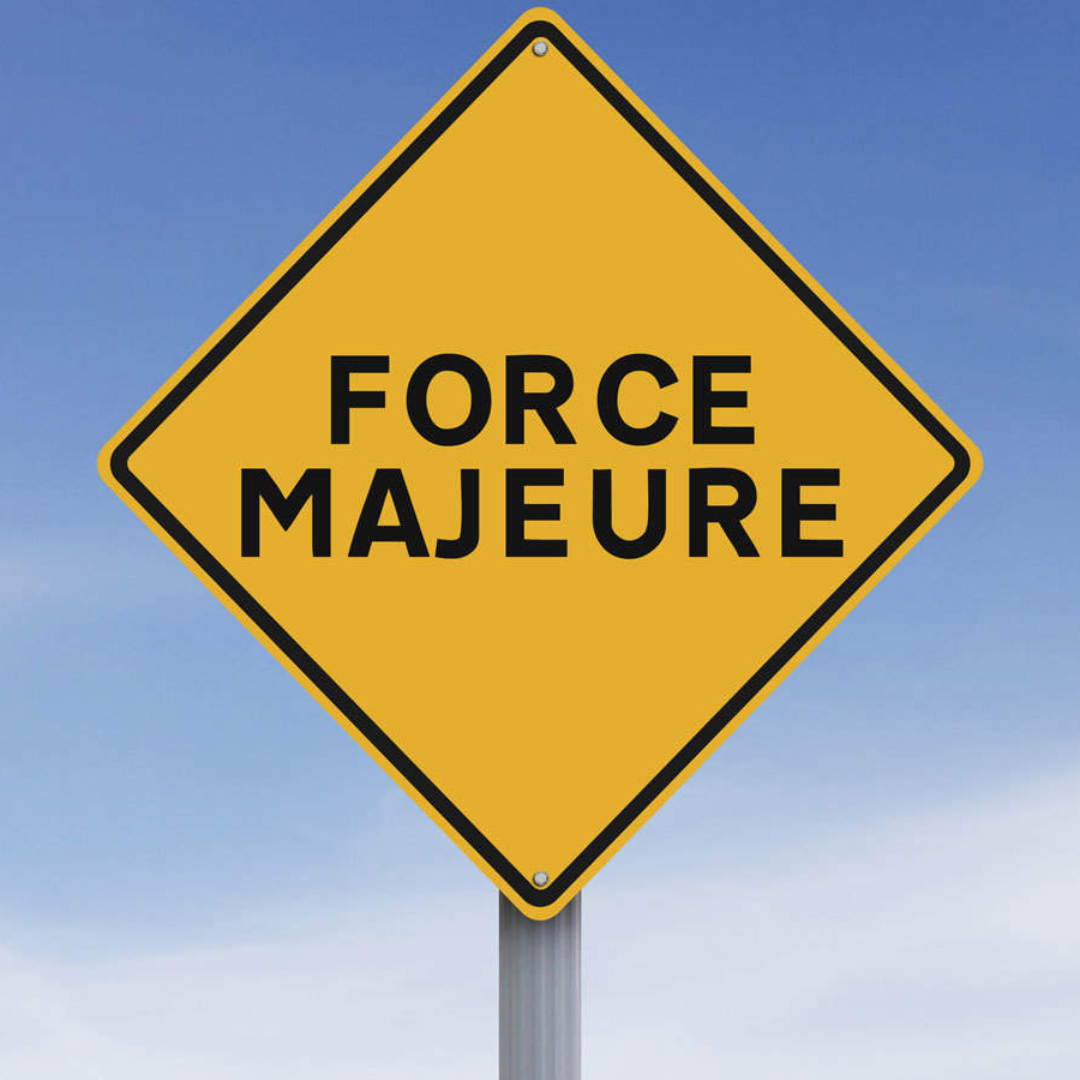
Understanding Force Majeure in Construction Contracts
In the complex world of construction contracts, few clauses are as crucial and yet as misunderstood as Force Majeure. This term, which originates from French law, signifies "superior force" and deals with unexpected events that can disrupt the normal course of a contract. Force Majeure is a vital provision, but its interpretation can vary significantly depending on the contract and jurisdiction.
The FIDIC (International Federation of Consulting Engineers) 1999 edition introduced the term "Force Majeure" into its contracts, replacing previous references to "Special Risks" and "Employer Risks." This shift marked a significant change in the understanding and application of this clause.
Within FIDIC contracts, Force Majeure takes on a broader
meaning than in many legal systems. It's a term with a specific definition
outlined in the contract itself. To qualify as Force Majeure, an event or
circumstance must meet four essential criteria:
1. It must be beyond a party's control.
2. It couldn't have been reasonably anticipated before entering the contract.
3. Once it occurs, it can't be reasonably avoided or overcome.
4. It can't be primarily attributed to the other party.
While these criteria set the foundation, the FIDIC contract also provides some exceptions. Notably, riots, strikes, and lockouts involving the contractor's employees cannot be considered Force Majeure events. Similarly, events like munitions of war, explosive materials, ionizing radiation, or radioactivity are classified as Force Majeure only if they aren't directly caused by the contractor's actions.
One critical aspect of Force Majeure is the requirement for timely notices. A party cannot claim Force Majeure unless it gives notice when it becomes aware or should have become aware of the event or circumstance preventing it from fulfilling its contractual obligations. This notice must describe the event or circumstance and specify which obligation it affects.
Unlike other notice provisions in the contract, Force
Majeure notices must be submitted within 14 days, a shorter time frame compared
to the typical 28 days for other claims. In essence, the Force Majeure clause in construction
contracts serves as a safety net for unforeseeable and uncontrollable events.
It's a provision that can offer relief when circumstances beyond a party's
control disrupt contract performance. However, the strict criteria and notice
requirements make it a nuanced and often challenging aspect of construction
contract management. Understanding its implications and adhering to the
contract's specific terms is crucial for all parties involved.



0 comments